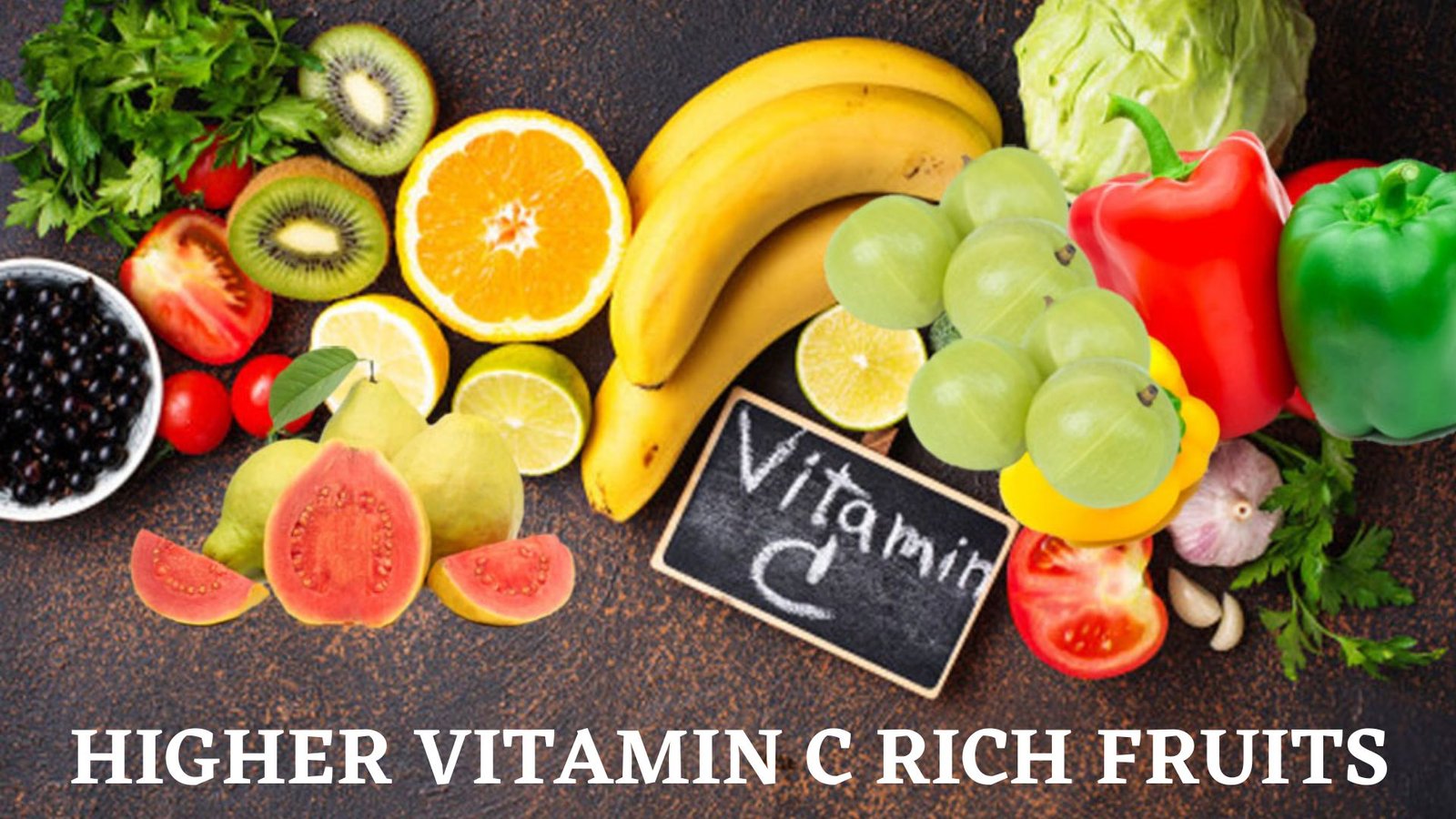What is vitamin C?
Vitamin C is a water-soluble vitamin that’s found in many foods, particularly fruits and vegetables.
It functions as a powerful antioxidant in the body and plays important roles in immune function, neurotransmitter production, collagen synthesis, and more. Getting enough vitamin C in your diet may help reduce the risk of common health conditions like heart disease
Additionally, Vitamin C is vital for collagen synthesis, connective tissue, bones, teeth, and your small blood vessels. The current daily value (DV) for vitamin C is 90 mg for men and 75mg for women.
Deficiency symptoms include higher susceptibility to infections, bleeding gums, frequent bruising and infections, poor wound healing, anemia, and scurvy.
Why vitamin C?
Vitamin C is vital for your immune system, connective tissue, and heart and blood vessel health, among many other important roles. Not getting enough of this vitamin can have negative effects on your health.
While citrus fruits may be the most well-known source of vitamin C, a wide variety of fruits and vegetables are rich in this vitamin and may even exceed the amounts found in citrus fruits.
By eating some of the foods suggested above each day, your needs should be covered. A diet rich in vitamin C is an essential step toward positive health benefits and disease prevention.
Here are 12 fruits that are high in vitamin C: –
1. Kakadu plums
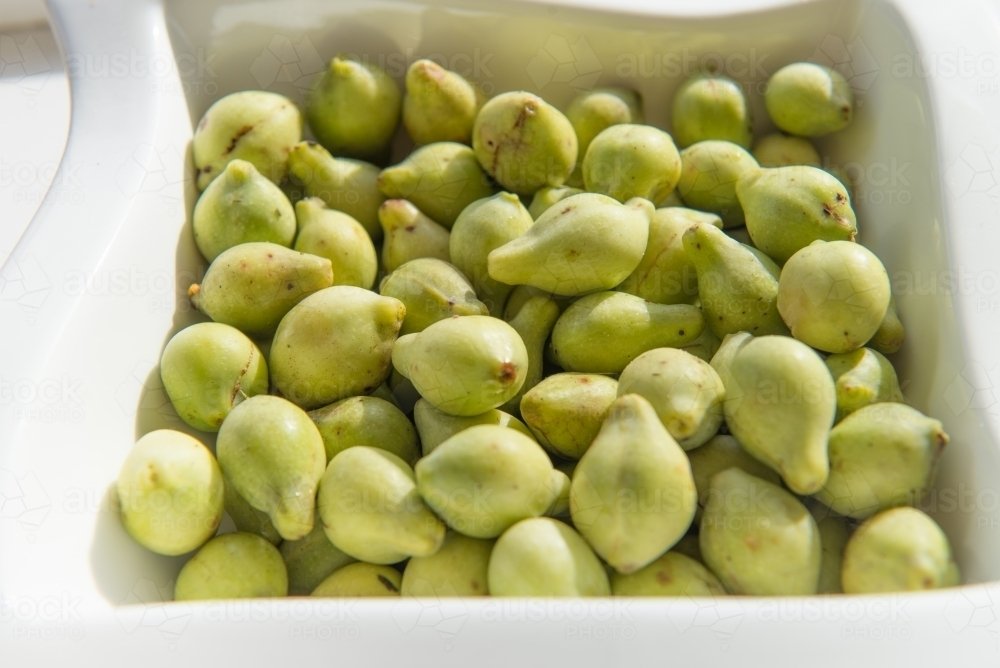
The Kakadu plum is an Australian native superfood containing 100 times more vitamin C than oranges.
It has the highest known concentration of vitamin C, containing up to 2,907 mg per 100 grams. Just one plum (approximately 15 grams) packs 436 mg of vitamin C, which is 484% of the DV
It’s also rich in potassium, vitamin E, and the antioxidant lutein, which may benefit eye health.
2. Acerola cherries
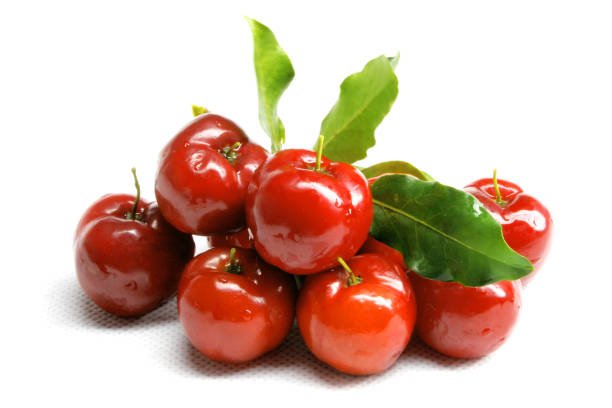
Just one-half cup (49 grams) of red acerola cherries delivers 825 mg of vitamin C, or 916% of the DV.
Cherries are a rich source of polyphenols, or micronutrients found in plants. They’re also rich in Vitamin C, giving them antioxidant and anti-inflammatory properties.
3. Rose hips
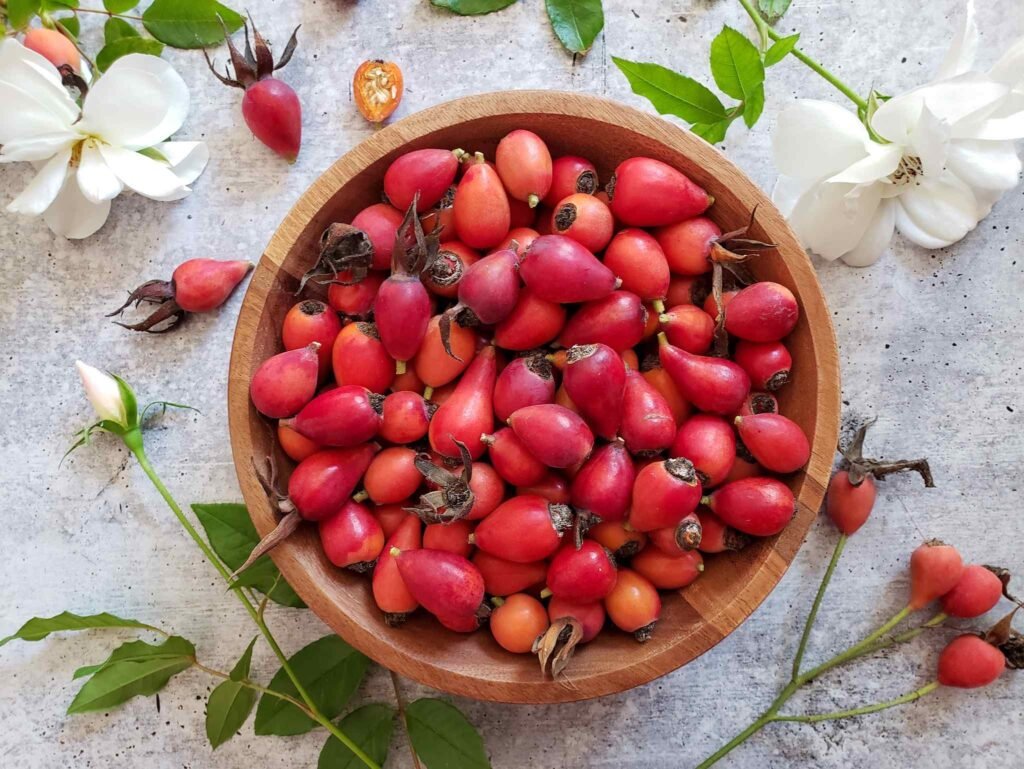
The rose hip is a small, sweet, tangy fruit from the rose plant. It’s loaded with vitamin C. Just 100 grams of rose hips provide 426 mg of vitamin C, or 473% of the DV.
Vitamin C is needed for collagen synthesis, which supports skin integrity as you age.
4. Guavas
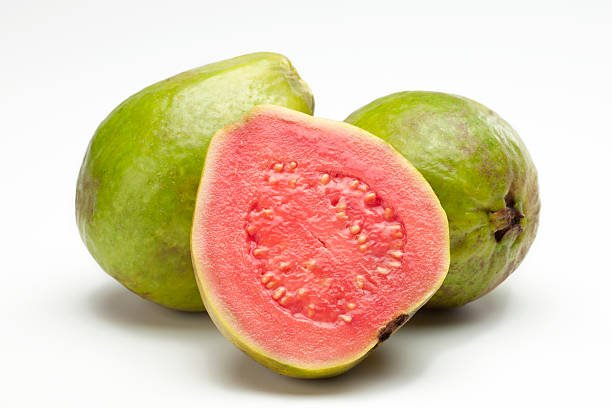
This pink-fleshed tropical fruit is native to Mexico and South America. A single guava contains 125 mg of vitamin C, or 138% of the DV. It’s particularly rich in the antioxidant lycopene.
A 6-week study involving 45 young, healthy people found that eating 400 grams of peeled guava per day, or around 7 pieces of this fruit, significantly lowered their blood pressure and total cholesterol levels.
5. Blackcurrants
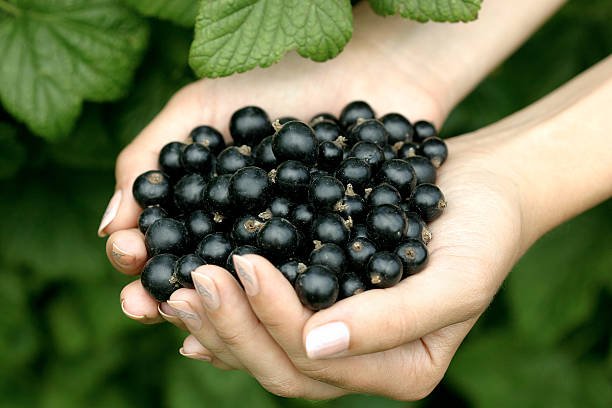
One-half cup (56 grams) of blackcurrants (Ribes nigrum) contains 102 mg of vitamin C, or 113% of the DV. Antioxidant flavonoids known as anthocyanins give them their rich, dark color.
Studies have shown that diets high in antioxidants like vitamin C and anthocyanins may reduce oxidative damage associated with chronic diseases, including heart disease, cancer, and neurodegenerative diseases.
6. Cantaloupe
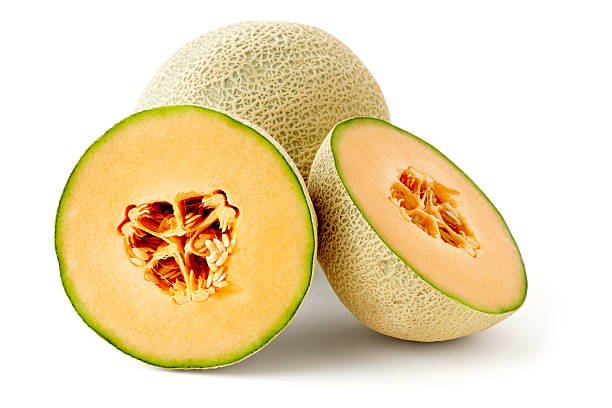
This sweet, high-fiber fruit is packed with vitamin A. Cantaloupe is also a good source of Vitamin C.
One cup of cantaloupe slices contains 17.4 mg of Vitamin C, which is 19% of what is recommended for adults daily.
7. Kiwis
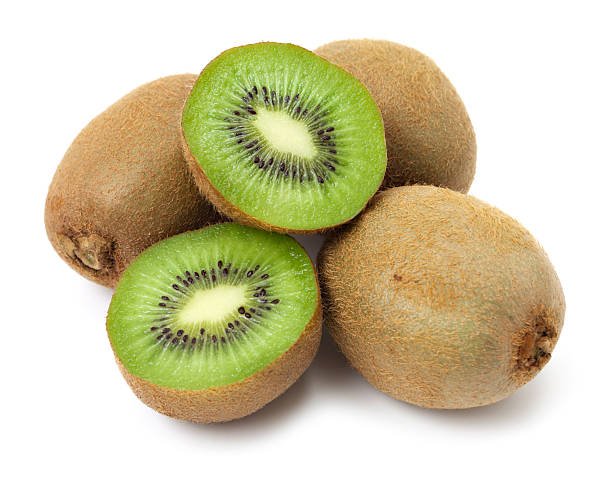
One medium kiwi packs 56 mg of vitamin C, or 62% of the DV. Research shows that kiwis can have an inhibitory effect on blood platelets, which may help reduce the risk of blood clots and stroke.
Kiwi consumption may also benefit the immune system.
A study involving 14 men with vitamin C deficiency found that eating two kiwis daily for 4 weeks increased white blood cell activity by 20%. Blood levels of vitamin C normalized after just 1 week, having increased by 275%.
8. Lychees
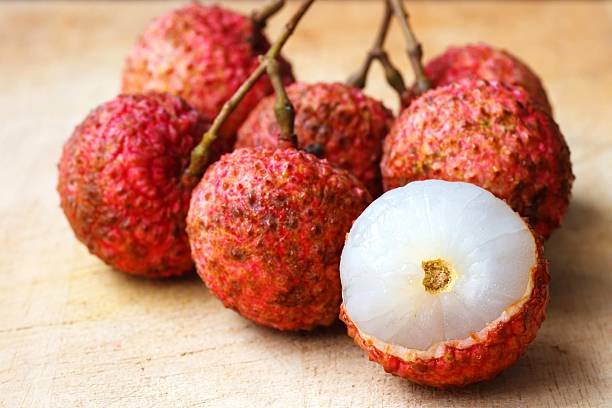
One lychee provides nearly 7 mg of vitamin C, or 7.5% of the DV, while a one-cup serving provides 151%.
Research shows that lychees contain polyphenol compounds including gallic acid, rutin, epicatechin, chlorogenic acid, caffeic acid, kaempferol, quercetin, luteolin, and apigenin.
9. American persimmons
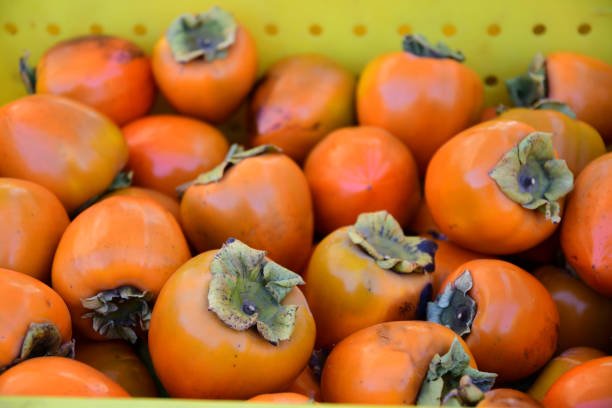
Persimmons are an orange-colored fruit that resembles a tomato. There are many different varieties. Though the Japanese persimmon is the most popular, the native American persimmon contains almost nine times more vitamin C. One American persimmon contains 16.5 mg of vitamin C, or 18% of the DV.
10. Papayas
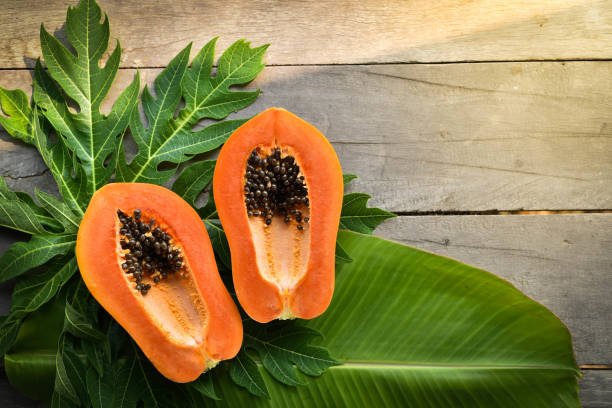
One cup (145 grams) of papaya provides 88 mg of vitamin C, or 98% of the DV. Vitamin C also aids memory and has potent anti-inflammatory effects in your brain.
In one study, 20 people with mild Alzheimer’s were given a concentrated papaya powder for 6 months. The results showed decreased inflammation and a 40% reduction in oxidative stress.
11. Strawberries
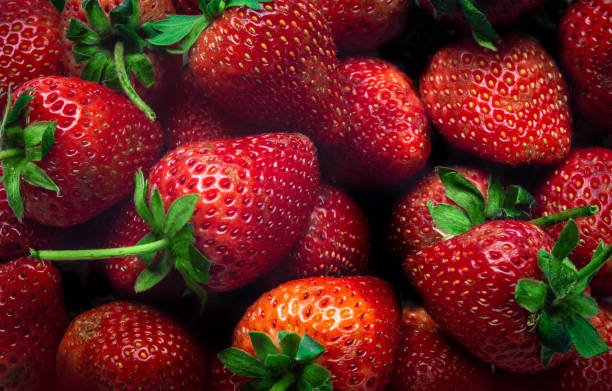
One cup of sliced strawberries (166 grams) provides 97 mg of vitamin C, or 108% of the DV. Strawberries contain a diverse and potent mix of vitamin C, manganese, flavonoids, folate, and other beneficial antioxidants.
Studies suggest that, because of their high content of nutrients and beneficial plant compounds, regularly eating strawberries may help reduce the risk of several health conditions.
12. Oranges
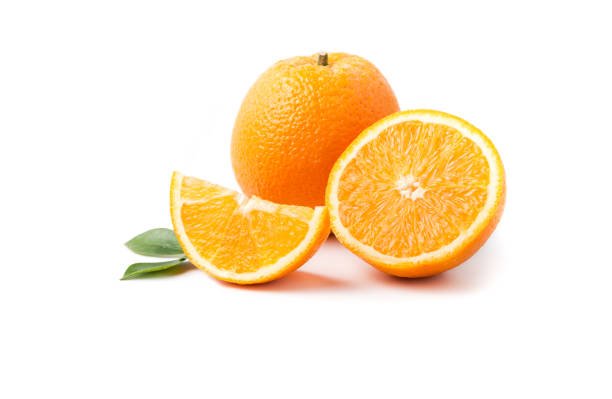
One medium-sized orange provides 83 mg of vitamin C, which is 92% of the DV. Widely eaten, oranges make up a significant portion of dietary vitamin C intake.
Other citrus fruits can also help you meet your vitamin C needs. For example, half a pink grapefruit contains 46 mg, or 51% of the DV, a medium sized mandarin 24 mg, or 27% of the DV, and the juice of one lime 13 mg, or 14% of the DV.
